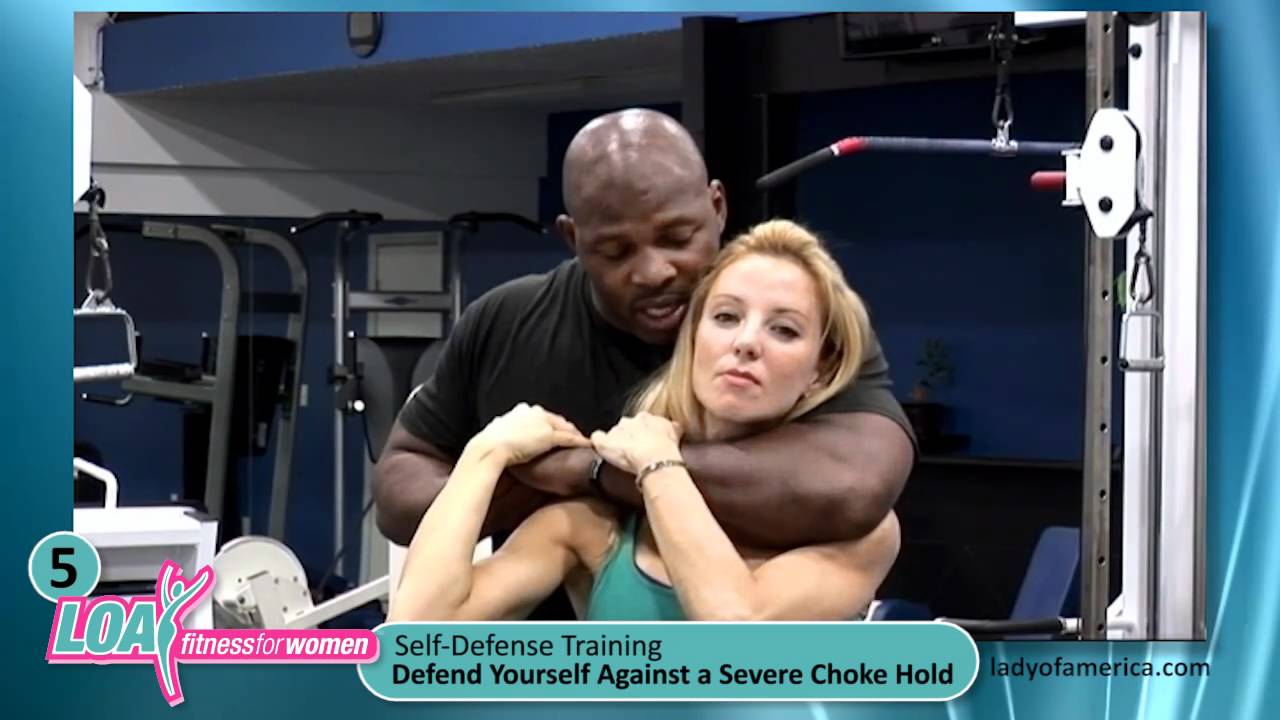Womens Self Defense
Understanding the Laws Surrounding Defensive Tools: Your Rights and Restrictions
Self-defense is a fundamental human right, and many individuals choose to exercise that right by carrying defensive tools such as pepper spray, stun guns, and firearms. However, it is important to understand the laws surrounding these tools in order to use them safely and legally. By knowing your rights and restrictions, you can protect yourself from legal consequences while also protecting yourself from potential threats.
One of the most common defensive tools used by individuals is pepper spray. Pepper spray is a non-lethal option that can be used to immobilize an attacker by causing temporary blindness and burning sensations. In most states, it is legal for individuals to carry pepper spray for self-defense purposes. However, there are restrictions on how and when it can be used. It is important to familiarize yourself with the laws in your state regarding the use of pepper spray, including restrictions on where it can be carried and who can carry it.
Stun guns, also known as tasers, are another popular defensive tool. Stun guns use electric shock to immobilize an attacker, giving the victim time to escape. Like pepper spray, stun guns are legal in most states for self-defense purposes. However, there are also restrictions on their use, including age requirements and limitations on where they can be carried. It is crucial to research the laws in your state regarding stun guns to ensure that you are using them legally.
Firearms are perhaps the most controversial defensive tool, but they are also the most effective at stopping an attacker. In the United States, the right to bear arms is protected by the Second Amendment to the Constitution. However, there are strict regulations surrounding the ownership and use of firearms. In order to legally carry a firearm for self-defense, individuals must obtain a concealed carry permit in most states. Additionally, there are restrictions on where firearms can be carried, such as schools, government buildings, and airports. It is imperative to undergo proper training and education on firearm safety in order to prevent accidents and misuse.
It is important to note that the laws surrounding defensive tools vary from state to state, so it is essential to research the laws in your specific location. Ignorance of the law is not a valid defense in court, so taking the time to understand your rights and restrictions is crucial in order to avoid legal consequences.
In conclusion, understanding the laws surrounding defensive tools is essential for safely and legally exercising your right to self-defense. By knowing your rights and restrictions, you can protect yourself from potential threats while also protecting yourself from legal consequences. Remember to research the laws in your state, undergo proper training, and always use defensive tools responsibly. Your safety and well-being depend on it.
Womens Self Defense
Get Empowered: Why Every Woman Should Consider Self-Defense Certification
Absolutely! Let’s dive into the topic. Please provide the article title you’d like me to write about, and I’ll create a detailed piece for you!
Womens Self Defense
Uniting for Justice: Community Organizations Push for Stronger Self-Defense Legislation

Uniting for Justice: Community Organizations Push for Stronger Self-Defense Legislation
In recent years, the dialogue surrounding self-defense laws has grown more complex and critical, highlighting the need for a re-examination of legal frameworks that govern individual conduct during life-threatening encounters. As issues of personal safety, inequality, and the right to self-defense collide, community organizations across the nation are uniting to advocate for stronger self-defense legislation that not only protects individuals but also addresses systemic injustices.
The Current Landscape
Self-defense laws vary widely from state to state, resulting in a patchwork of regulations that can often leave marginalized communities under-protected. Some states have “Stand Your Ground” laws which give individuals the right to use force without the duty to retreat when threatened. Meanwhile, others adhere to more traditional “Duty to Retreat” principles, requiring individuals to avoid confrontation when possible. This inconsistency can lead to unintended consequences, particularly for people of color and those from lower socioeconomic backgrounds, who might be disproportionately criminalized in self-defense situations.
The Call for Reform
In response to these disparities, community organizations are rallying for legislative change. Groups focused on social justice, civil rights, and public safety are coming together to craft proposals aimed at reforming self-defense laws. These advocates argue that it is essential not only to ensure the right to defend oneself but also to create an equitable legal framework that reduces bias in how self-defense cases are prosecuted and adjudicated.
Key Proposals
-
Enhanced Training and Awareness: One significant proposal advocates for mandatory training in self-defense laws for both civilians and law enforcement. Understanding the legal implications of self-defense can empower individuals to make informed decisions during high-pressure situations.
-
Bias Review Measures: Community organizations are pushing for legislative measures that require law enforcement to undergo training on implicit bias and the historical context of self-defense laws. This could mitigate the risk of racial profiling and ensure that self-defense claims are evaluated fairly.
-
Legal Support and Resources: Providing legal resources and support for individuals who defend themselves can help level the playing field. Advocates suggest establishing funds or programs that can assist with legal fees for those who may not otherwise afford representation in self-defense cases.
- Community Dialogues: Engaging community members in discussions about self-defense can foster better understanding and cooperation. Organizing community forums to discuss individual rights, responsibilities, and personal safety can build trust and provide critical information.
Building Coalitions
Collaboration is at the heart of this movement. Organizations with differing focuses—such as gun rights advocates, domestic violence shelters, youth mentorship groups, and racial justice organizations—are finding common ground in the belief that self-defense is a fundamental right that must be accessible to everyone.
These coalitions are also crucial in countering misinformation about self-defense laws and their implications. By working together, they can foster a more informed public debate and promote legislation that is both just and effective.
The Path Forward
As these community organizations continue to push for stronger self-defense legislation, the conversation around justice, equity, and individual safety remains crucial. Advocates emphasize that any reform must be carefully crafted to protect the rights of all individuals while also addressing the underlying societal issues related to violence and safety.
In conclusion, the united effort of community organizations in advocating for stronger self-defense legislation reflects a growing commitment to justice that transcends traditional divides. By prioritizing equity and informed discourse, these groups are not only advocating for change in the law but are also championing the dignity and safety of every individual in society. The path to reform may be arduous, but the collective action of committed organizations can drive meaningful change in ensuring that self-defense rights are upheld for all.
Womens Self Defense
Self Defense Training For Women In A Bar Scene Or Walking The Mall — Lady Of America

http://www.ladyofamerica.com This is the last of the Lady of America Fitness for Women self defense training videos. This video is …
source
-

 Womens Self Defense11 months ago
Womens Self Defense11 months agoNew Legislation Empowers Women to Defend Themselves
-

 Self Defense News1 year ago
Self Defense News1 year agoShe was convicted of killing her abusive boyfriend. Now a Maple Grove woman is home awaiting a new trial.
-

 Self Defense News1 year ago
Self Defense News1 year agoSelf-Defense for All: The new Gracie Jiu-Jitsu Pasadena is for everyone | Online Features
-

 Womens Self Defense1 year ago
Womens Self Defense1 year agoTop 5 Self-Defense Techniques Every Woman Should Know
-

 Womens Self Defense7 months ago
Womens Self Defense7 months agoUnderstanding State-by-State Variation in Self Defense Laws
-

 Womens Fitness1 year ago
Womens Fitness1 year agoXtreme Bodyweight HIIT (Lots of Jumping!) | Joanna Soh (Fio Series)
-

 Womens Preparedness1 year ago
Womens Preparedness1 year ago10 essential skills for surviving in the great outdoors
-

 Womens Preparedness1 year ago
Womens Preparedness1 year agoEmpower Yourself: A Guide to Female Survival Planning





